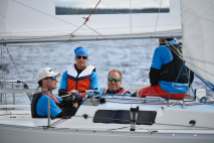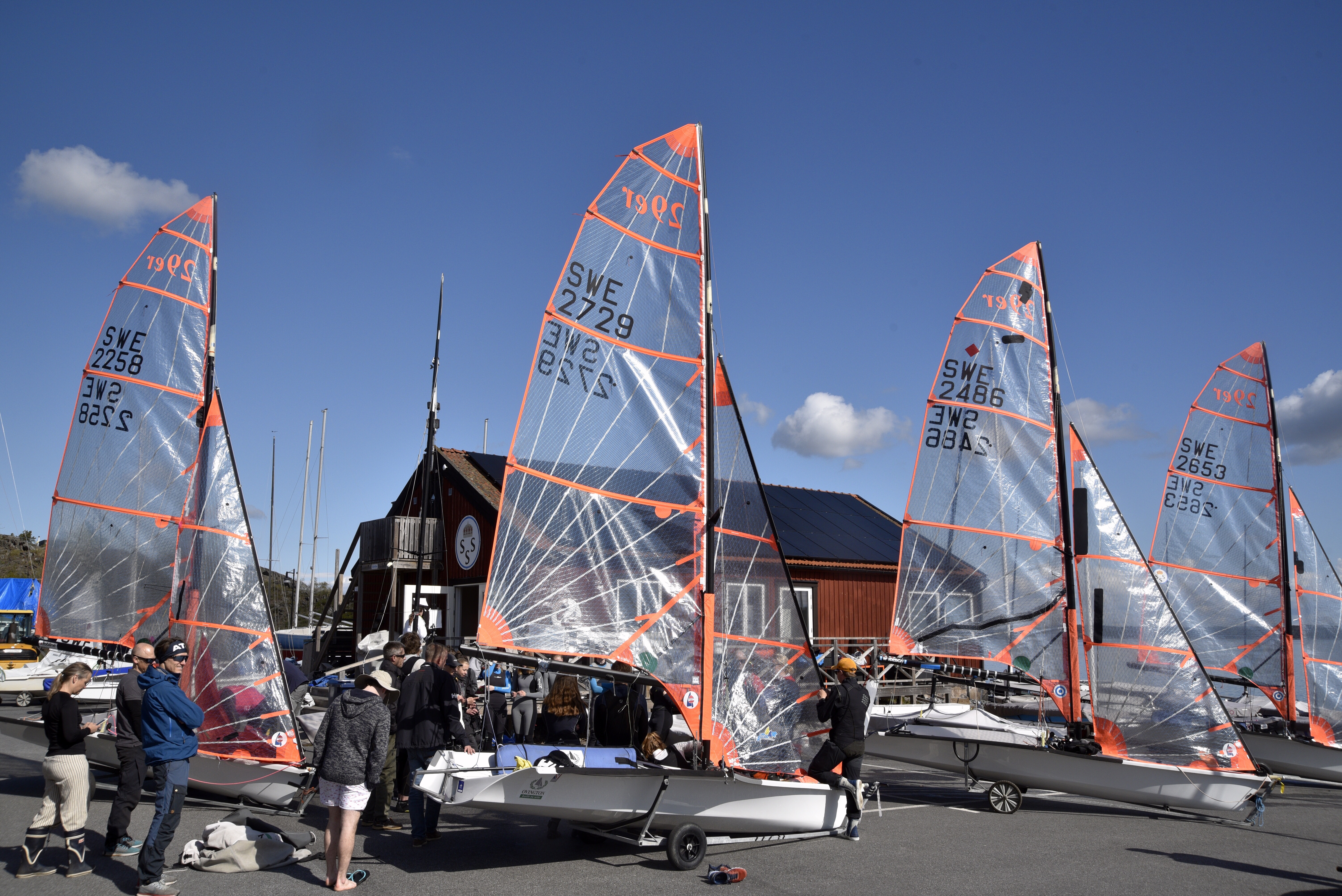Test
Författare: Peter Nõu
The golden age of social science
”Hoping that the reader will appreciate that we overemphasize differences in fields (and ignore variation within them), we define them as follows. Anthropology seeks to understand cultural differences in human societies using ethnography, unearthing physical details of human development and exploring mathematical models of coevolution of culture and genes. Economics uses math-heavy methods to understand systemic (general equilib- rium) outcomes of optimization of allocation of scarce resources, particularly money, in trading goods and services. Its main methods include theories rooted in preferences, beliefs, and constraints and analyses of field data. Political science studies formal systems of government, voting, juries, and law, which in- fluence how people make consequential decisions collectively in different systems. Ideology is a central construct, with polls and surveys being a cornerstone method, although media and finan- cial contributions data are increasingly used. Psychology seeks regularity in how people think and behave, with an emphasis on mechanisms and constructs such as memory, attention, and emotion. The main methods are laboratory experiments and psychometric or psychophysiological measures (though cognitive neuroscience uses a greater variety of newer methods). Finally, sociology investigates how the social world is created by and influ- ences how people act in social groups at different levels of formal and informal aggregation. General ideas about functions of social structure are central but are not mathematized as in economics (e.g., economists might focus on allocative efficiency defined mathemat- ically while sociologists might focus on social reproduction of elite success measured statistically or qualitatively).
Readers may view these highly reduced descriptions of their own fields as overly simplified, while perhaps believing that the descriptions of the other fields are not too bad. That perception itself illustrates why communication is a challenge for interdisciplinary work…”
Handbollsträning utan boll. -9˚C på plogade bollplan
Vintervy över hemmahamnen
TBK arrangerar SM i Albin Express
På Trälhavet i dagarna tre. Jag hade förmånen att få fotografera från start- och målfartyget igår fredag. Resultat och mycket annat på denna FB-sida: https://www.facebook.com/Express-SM-2020-Tr%C3%A4lhavet%C3%85kersberga-104832938004731/
Instruktörsutbildning
Sonen jobbade på TBKs seglarskola förra sommaren, som medhjälpare. I sin fars fotspår :-) I år tar han steget upp bland instruktörernas skara, och då går man igenom spännande utbildning i teori och praktik. Hård vind och regn i fredags, idag vackert väder. Tillsammans med ca 25 andra ungdomar, på Baggensfjärden vid KSSS Saltsjöbaden. Hade jag haft flytväst med mig så hade jag fortfarande varit med dem i någon av följebåtarna.
29er-kappsegling på Baggen idag
Föräldrarorganiserat lättvindsrace, startade samtidigt som jag lämnade sonen på sin seglarinstruktörsutbildning vid KSSS i Saltsjöbaden. Fina färger. Hade ingen flytväst med mig så jag fick inte följa med ut på fjärden.
Anime-me!
Valborg är då.. man inte hälsar på sina grannar?
Att gå till valborgsbrasa är tradition. För mig är största värdet att få säga ‘Hej, det var länge sedan…’ och hälsa på de grannar man sällan ser till vardags. De som bor runt knuten men tar andra tåg på morgonen och lägger sin semester på annan ort (än jag gör). Man vill ses, men det blir liksom inte av. Vid brasan dock, dyker tillfället upp. Det är varmt i själarna i vårtiden och eldens varma sken hjälper också till! Man säger ‘Hej! Hur är läget? Hoppas allt är bra!’ Och båda sidor inser att det säkert kommer vara ytterligare ett år innan man ses igen, men det gör absolut ingenting.

Sedan musiken, körerna. Kommer de sjunga för oss imorgon kväll? Får jag sjunga med i någon, impromptu (alltid noter i ryggsäcken den kvällen…), eller tillsammans med mina vanliga körkollegor? Nej, det blir inget organiserat i år. Sjunger man ‘ordentligt’ kan det spruta ur munnarna, inte bara ord, även virus. Så rekommendationerna är att inte stå nära varandra och sjunga tillsammans. Försöker man sjunga på långt avstånd från varandra blir det svårare med medhörning och tajming. Det är ett svårlöst problem.
Jag kommer inte sjunga på torsdag kväll men väl dela de inspelningar jag fick vara med att göra i söndags. Ekbacken mötte tio glada sångare. Vi samlades för att spela in fyra-fem traditionella stycken, för att kunna sprida de till nära och kära via sociala medier inför helgen som kommer. Vi hade tumstockar med oss och var noga med att hålla avstånd.
Till er, från oss i ‘Flocktonalitet‘: Uti vår hage, Längtan till landet, Sommarpsalm och Bellmans Vila vid denna källa. Tack Kattis & Nina (sopran), Marika, Helena & Cecilia (alt), Harald & Erik (tenor), Per, Fredrik & jag (bas). Med förhoppning om en fin vår och att vi tar hand om varandra alla på bästa sätt!

Privacy vs. Surveillance in the Age of COVID-19
I think the effects of COVID-19 will be more drastic than the effects of the terrorist attacks of 9/11: not only with respect to surveillance, but across many aspects of our society. And while many things that would never be acceptable during normal time are reasonable things to do right now, we need to makes sure we can ratchet them back once the current pandemic is over
— Läs på www.schneier.com/blog/archives/2020/03/privacy_vs_surv.html
Three things all governments and their science advisers must do now
Politicians and their science advisers need to get with the times and embrace open research. They should harness the collective expertise — now also accessible through social media — of virologists, epidemiologists, behavioural researchers and others who can help them to better interrogate their models, and therefore improve their decisions. This is imperative now, when they are making decisions on which the future of lives and economies depend.
— Läs på www.nature.com/articles/d41586-020-00772-4




















































































